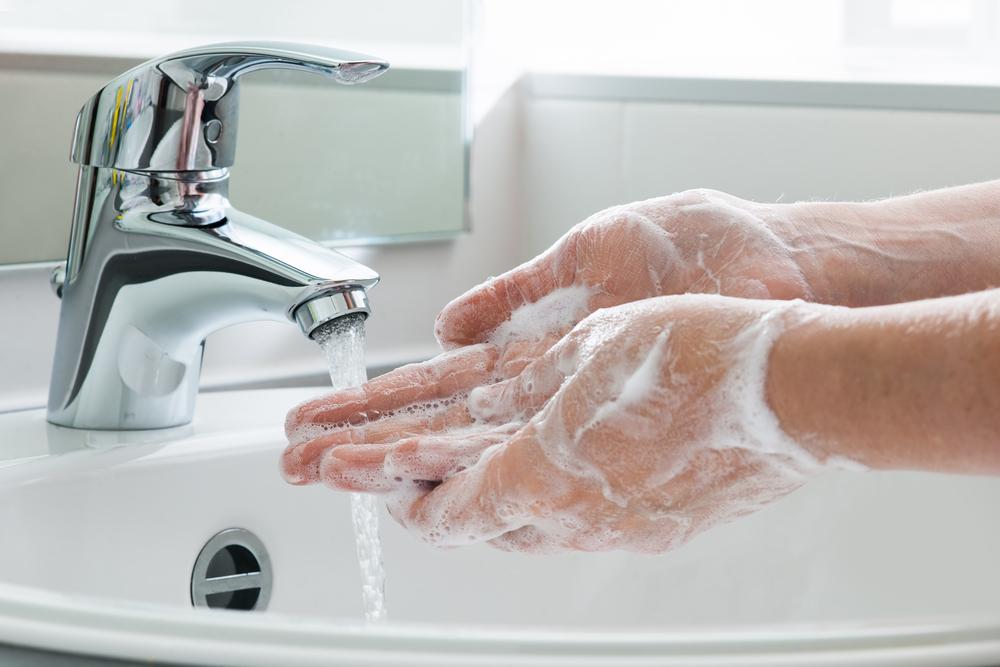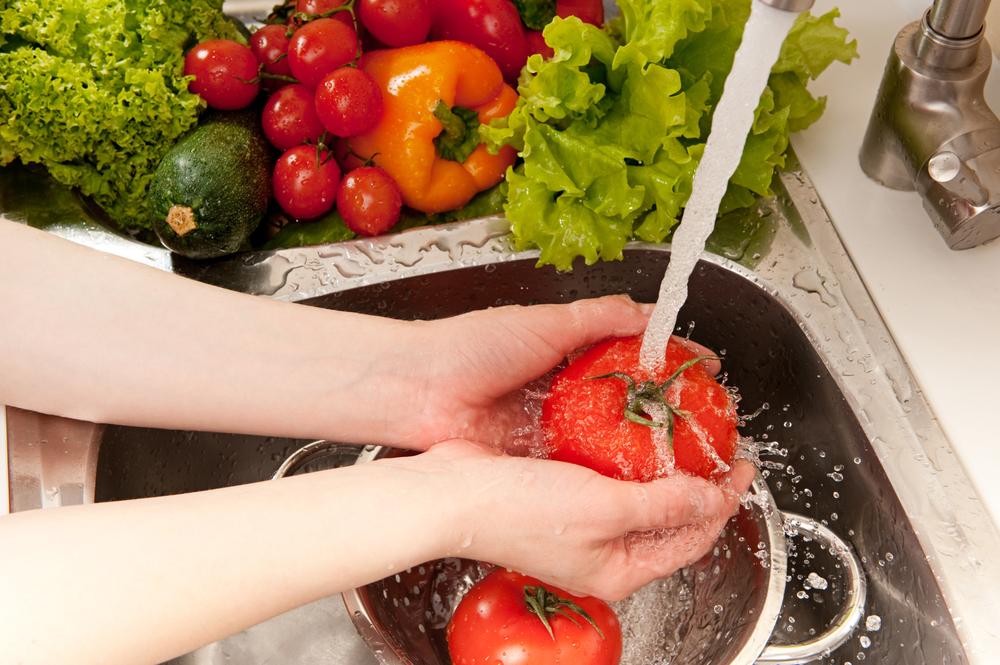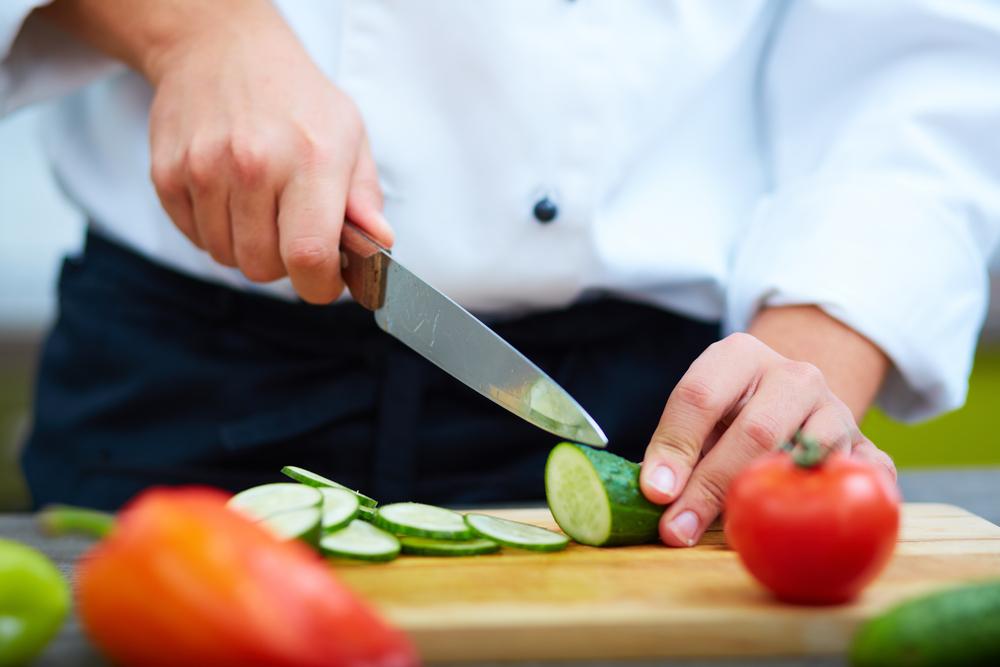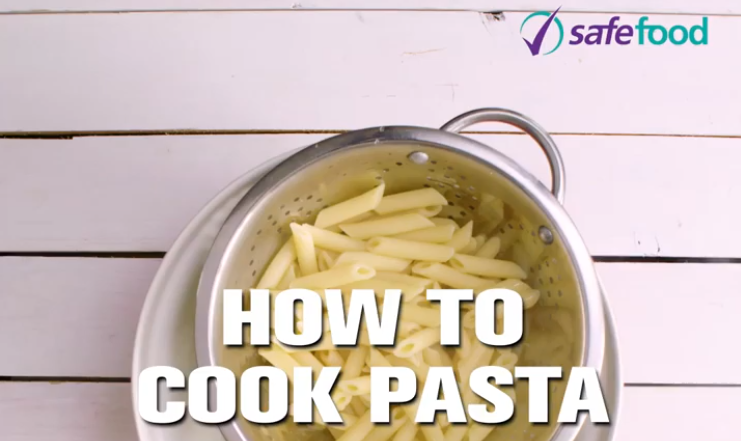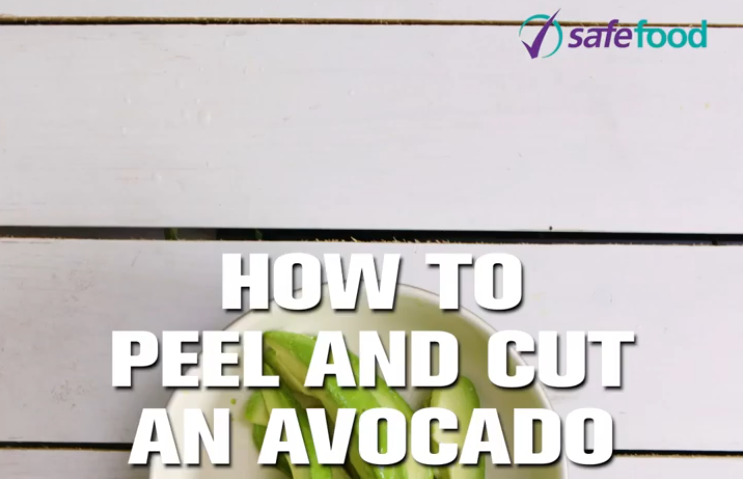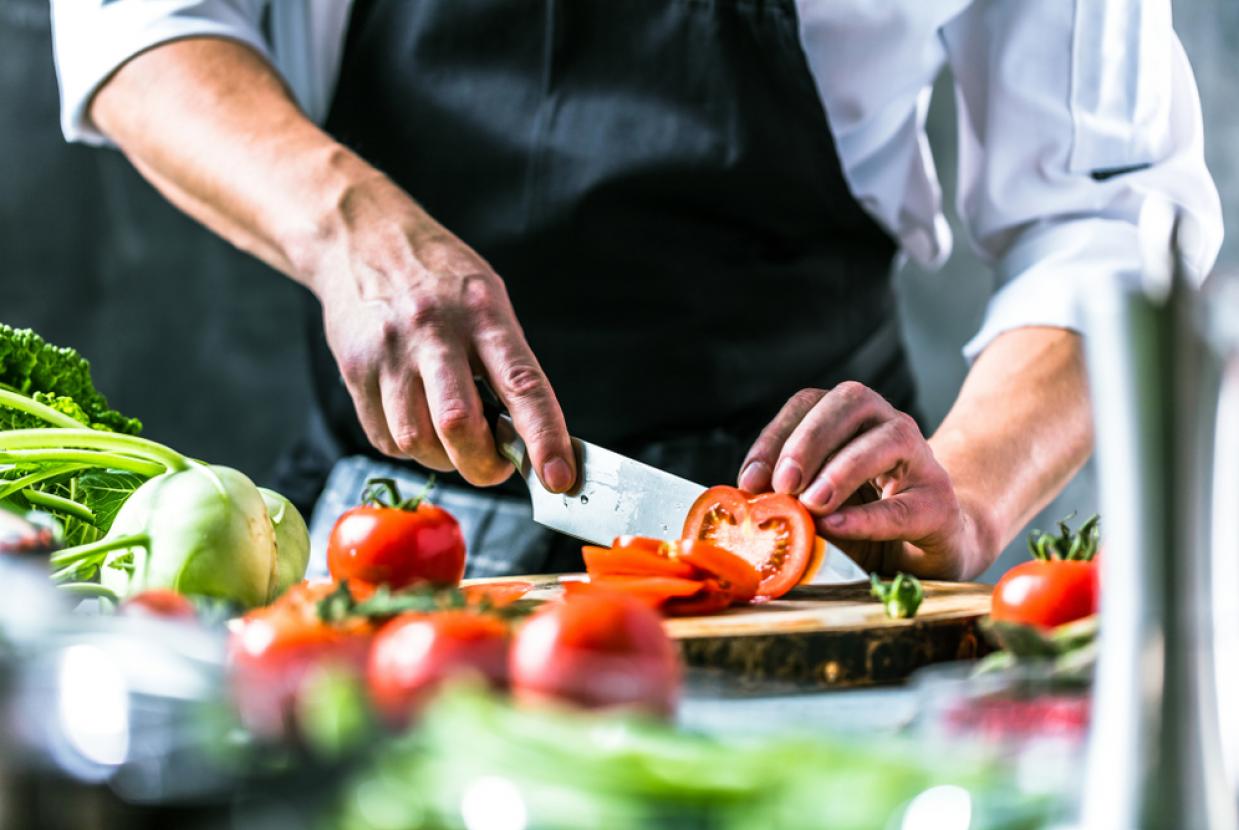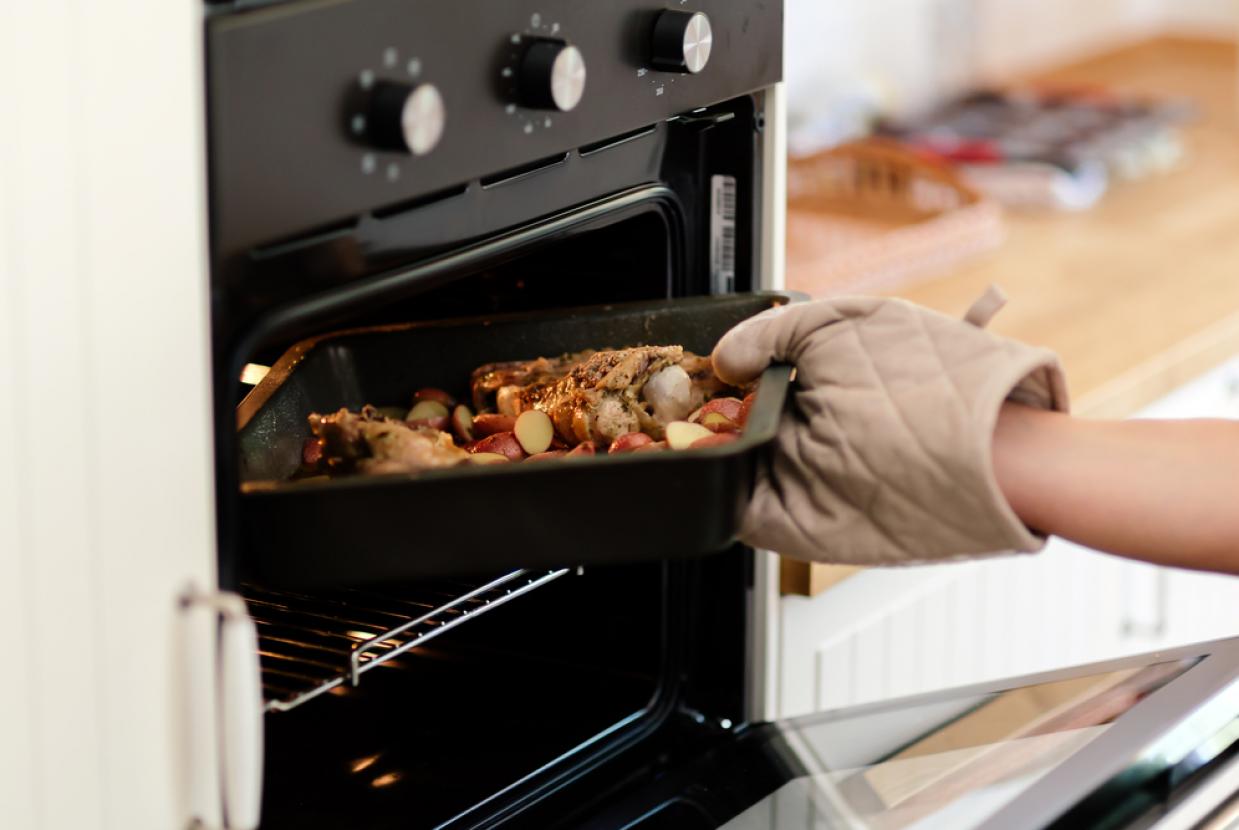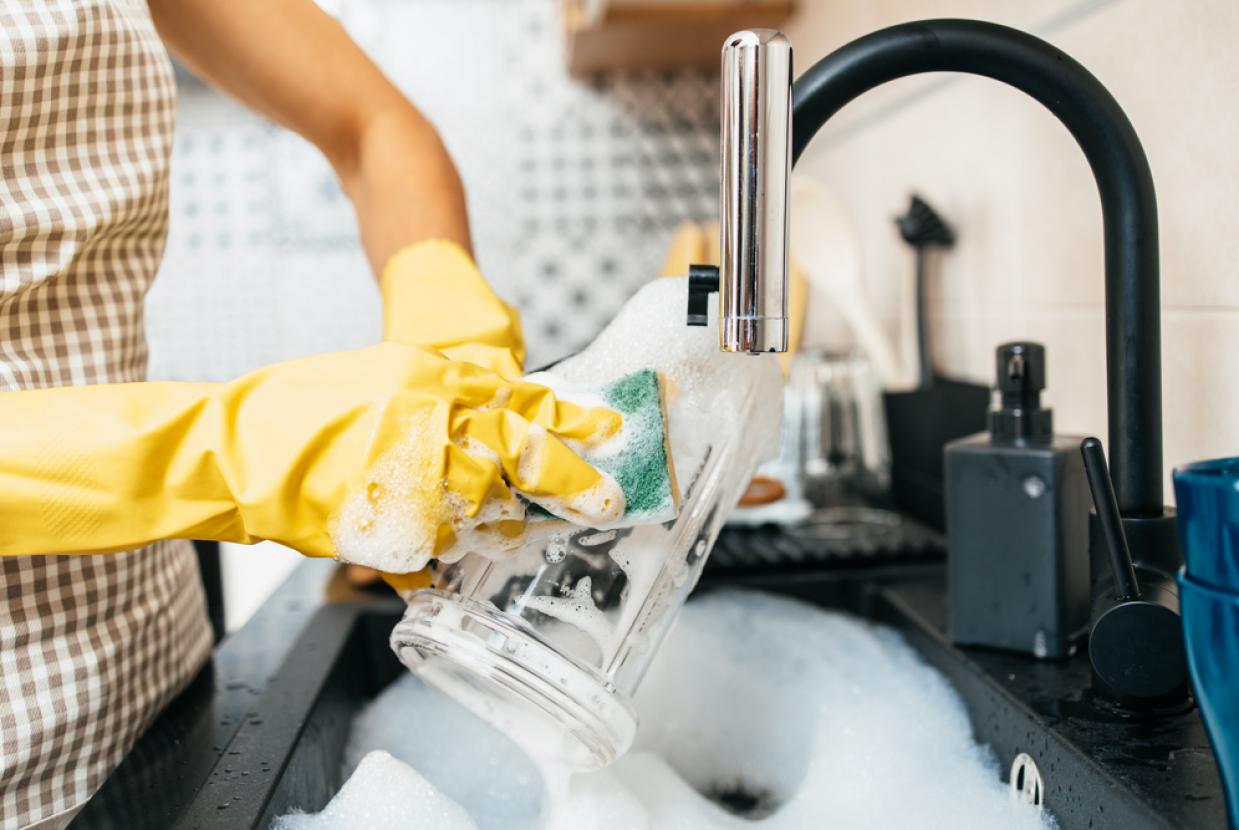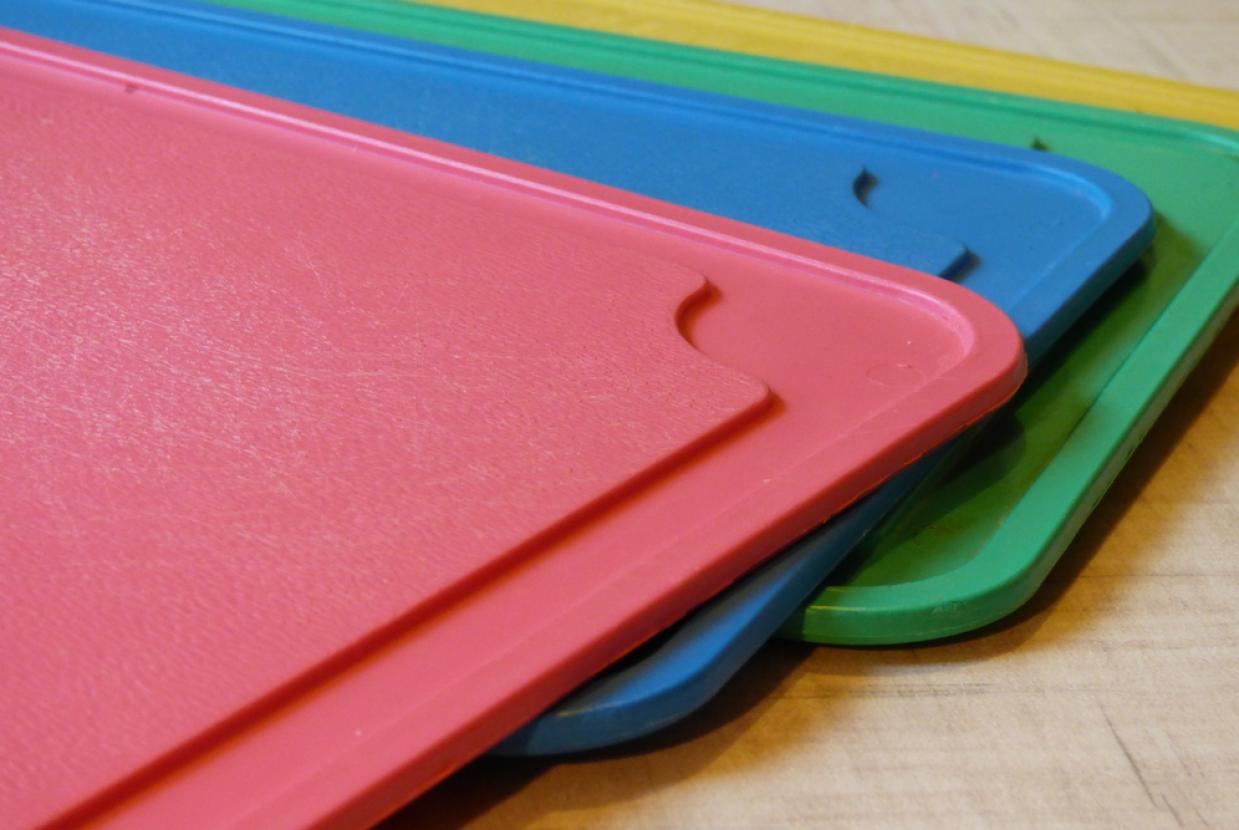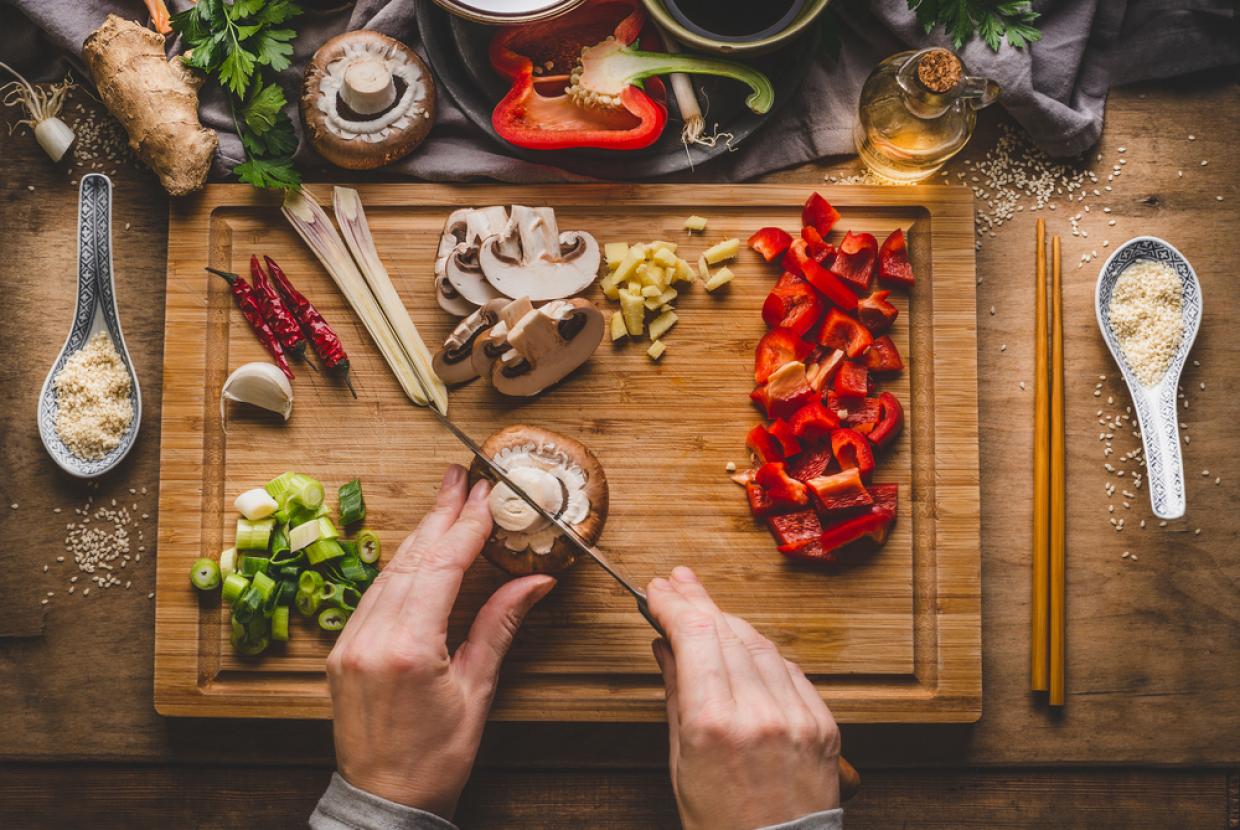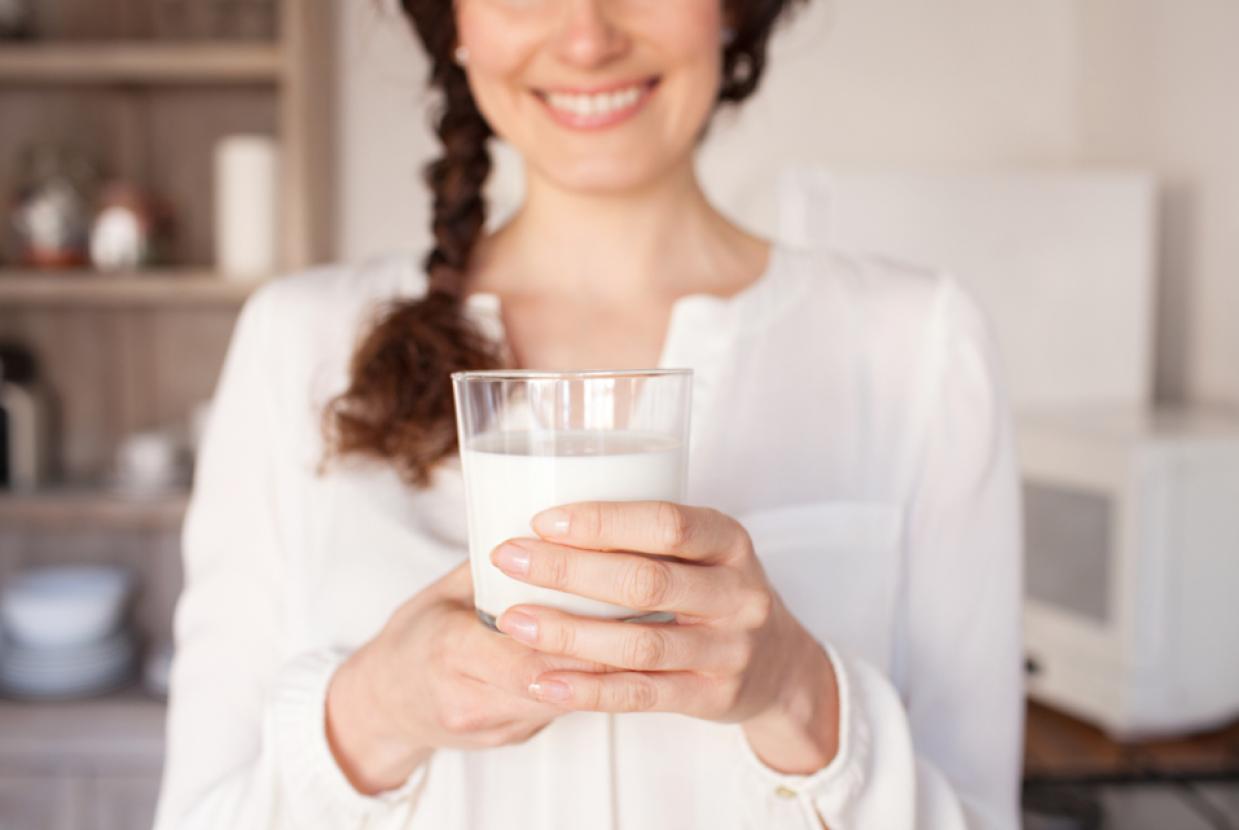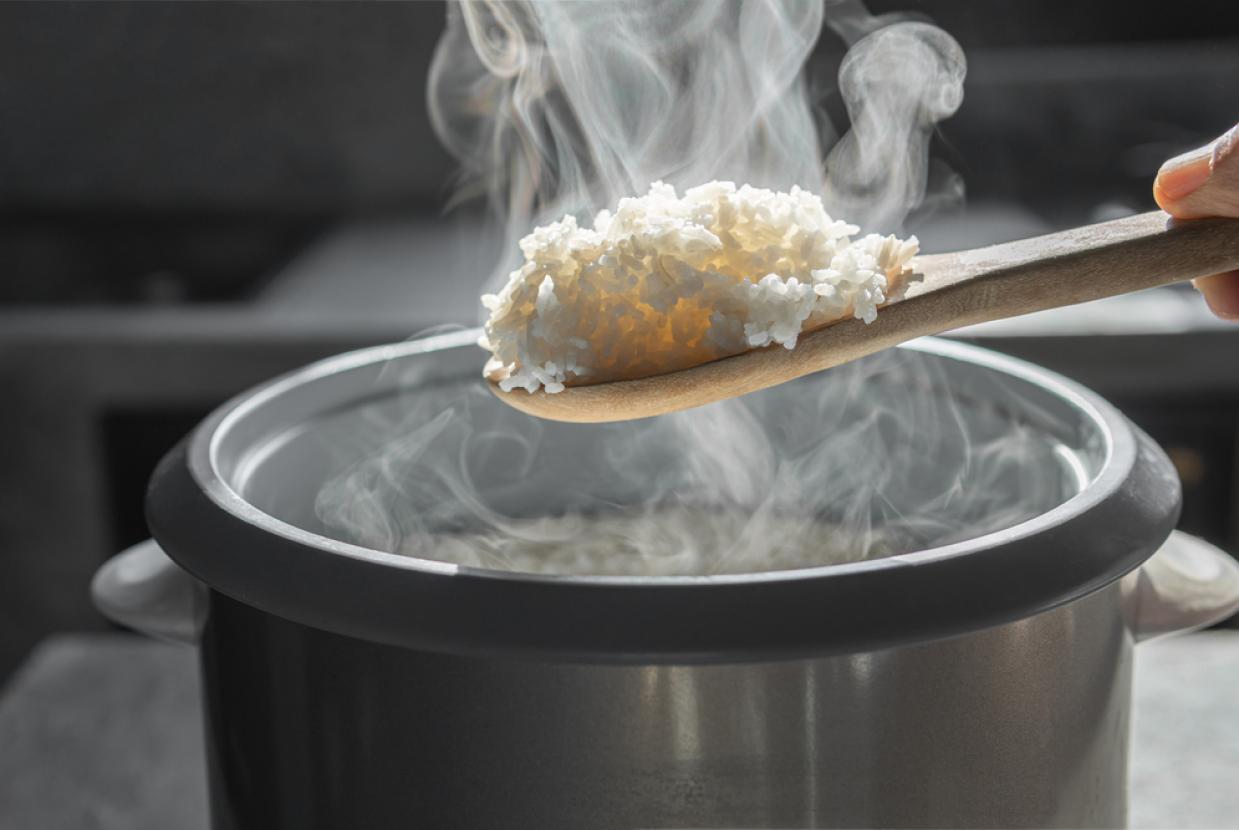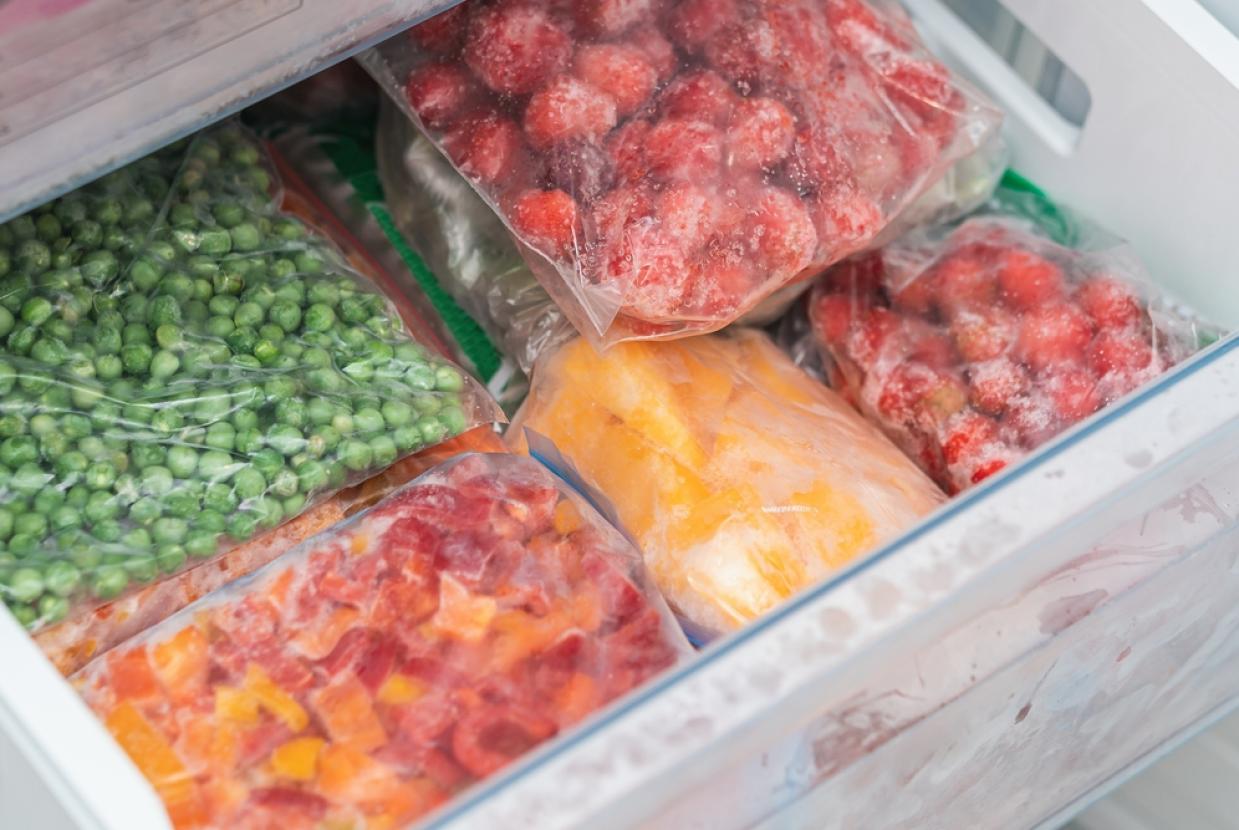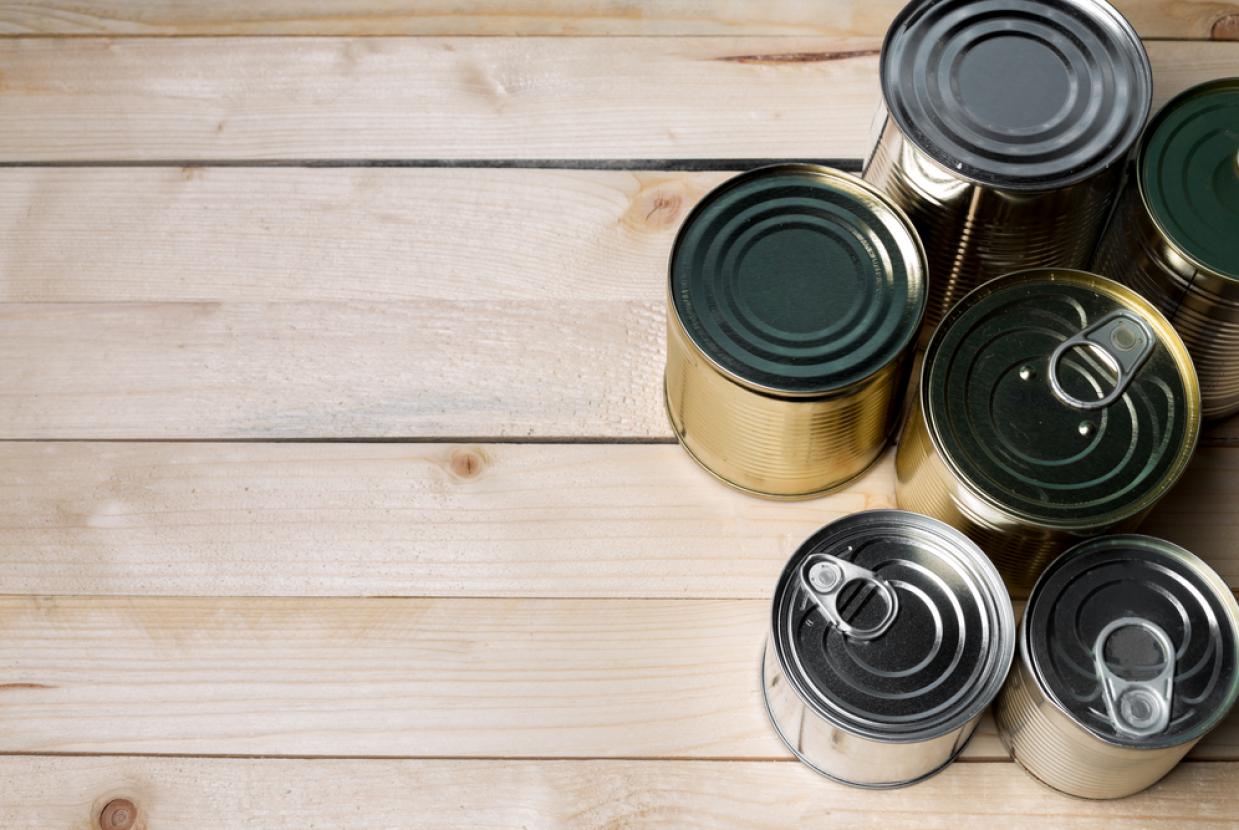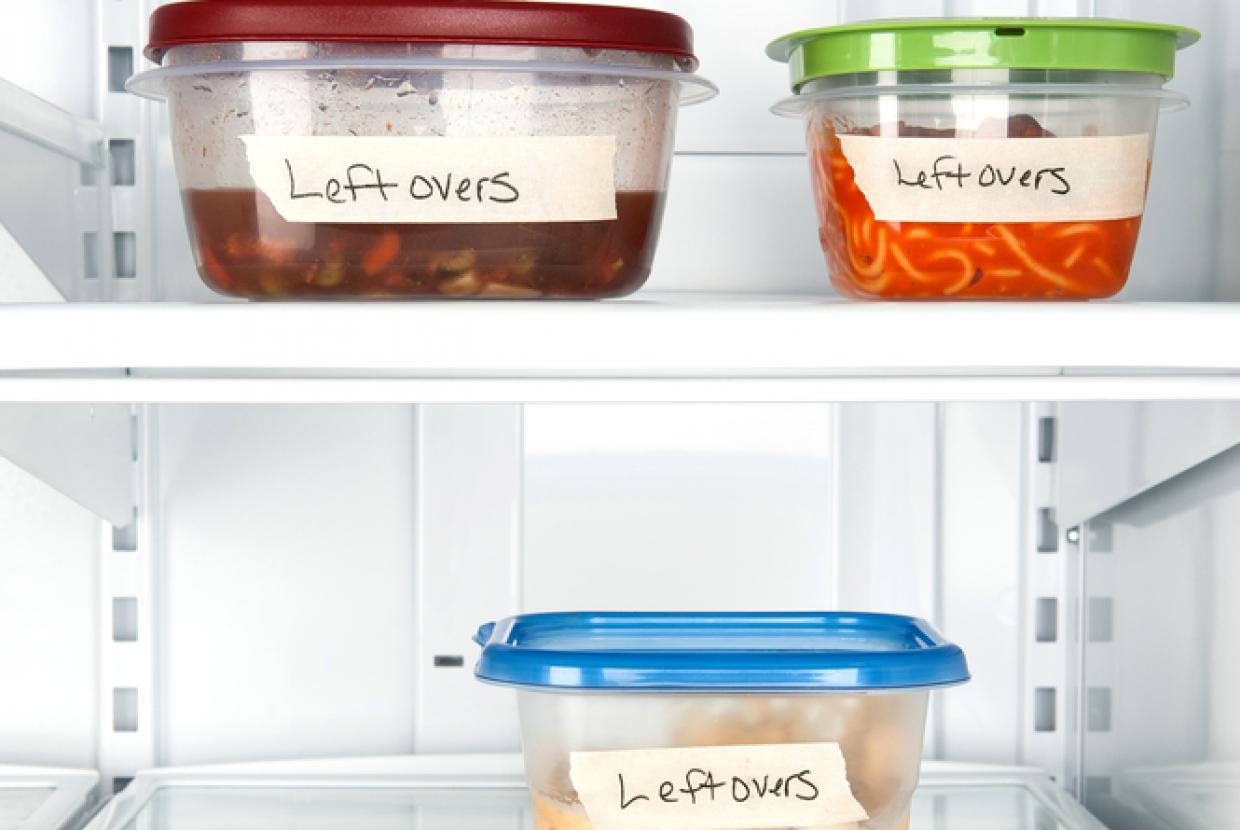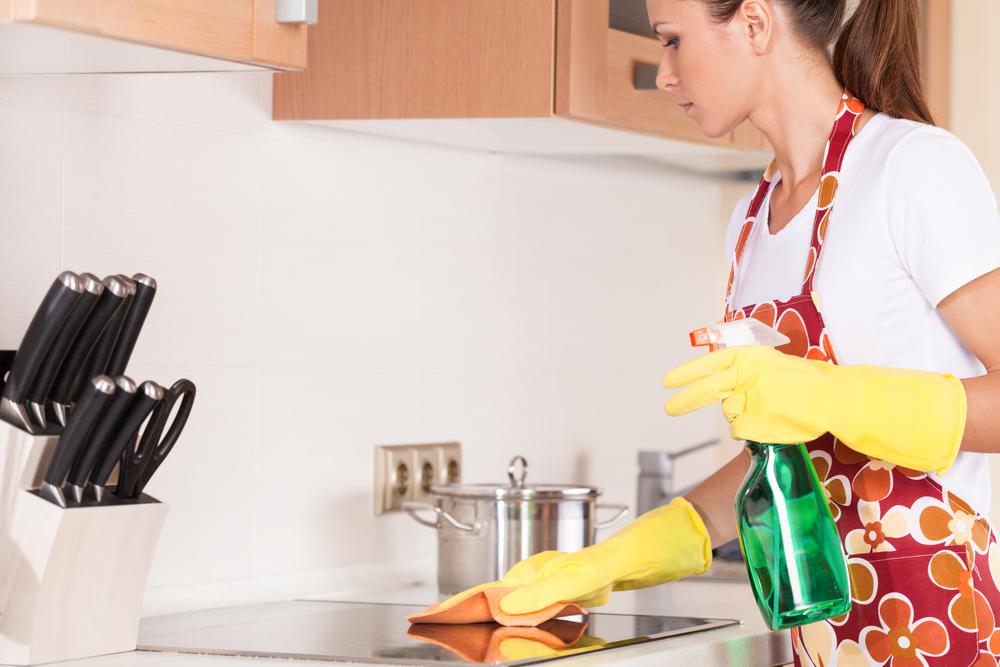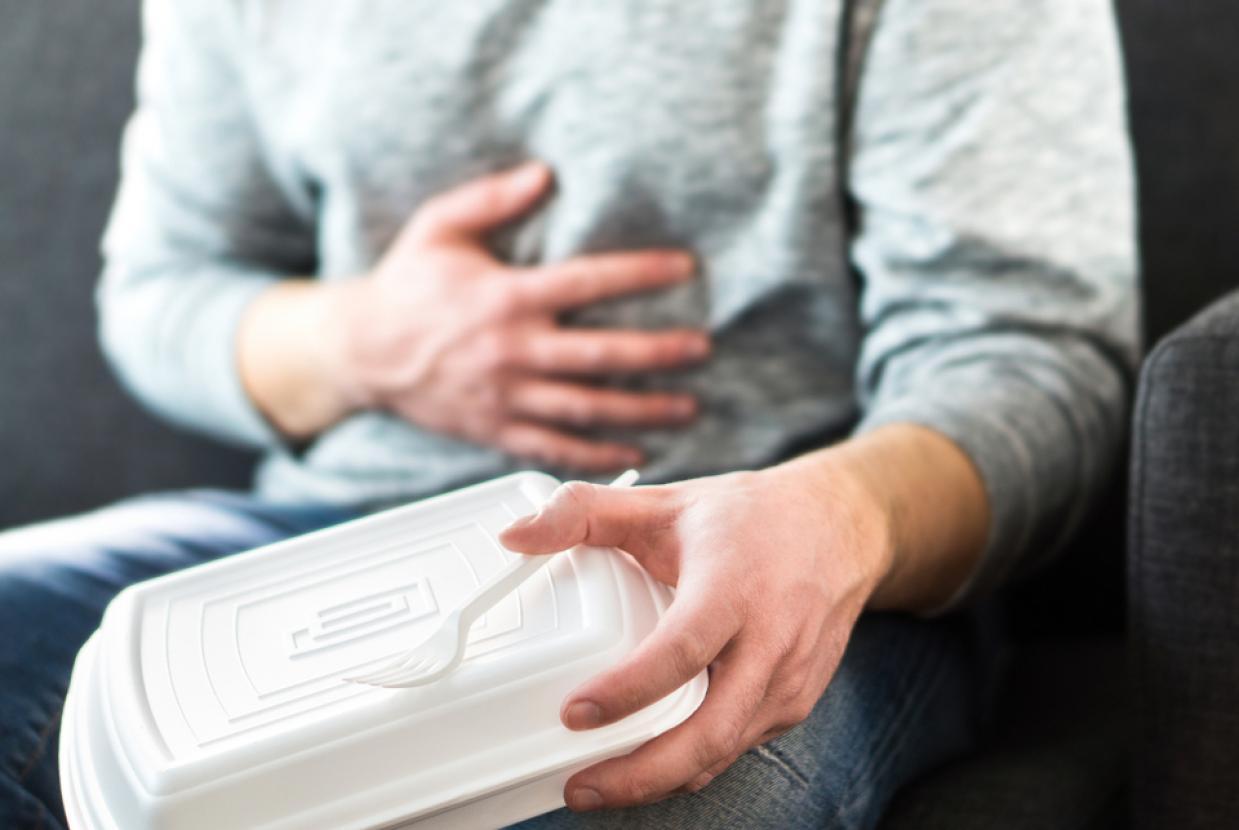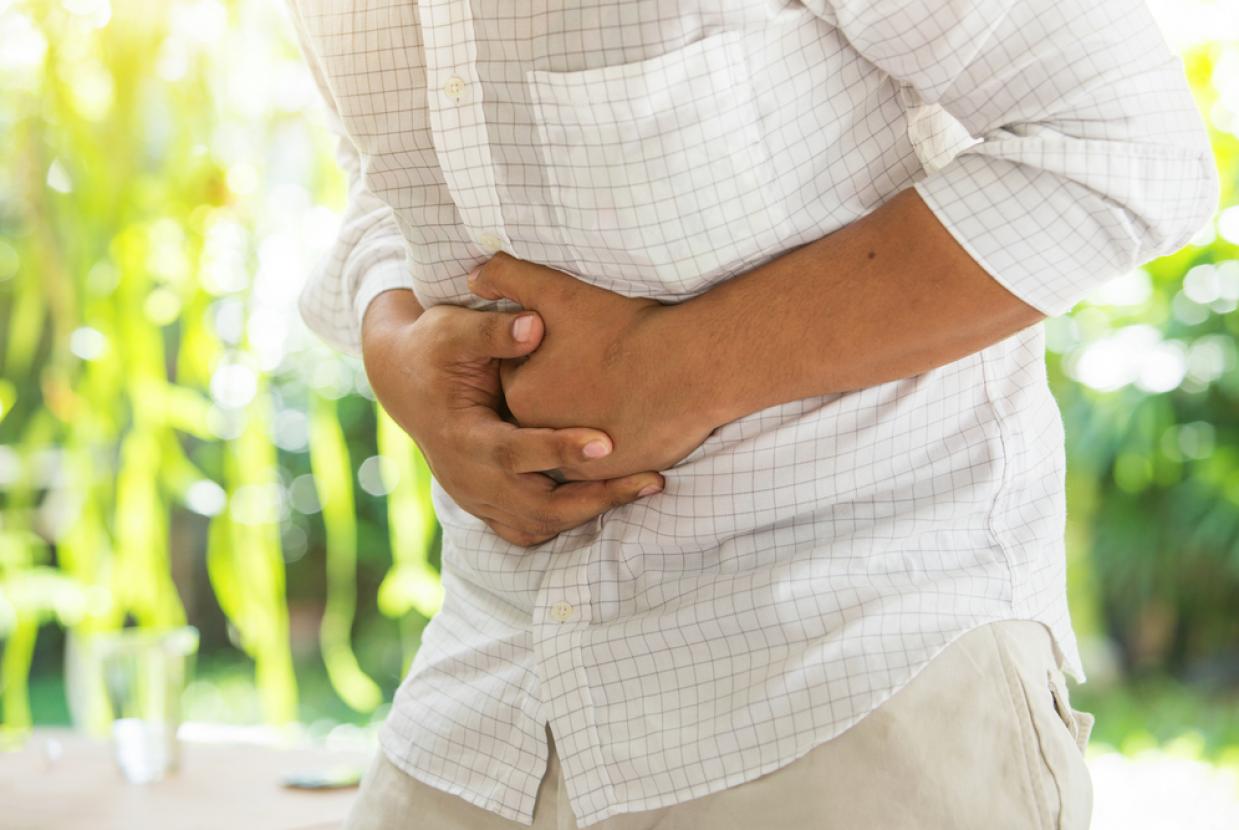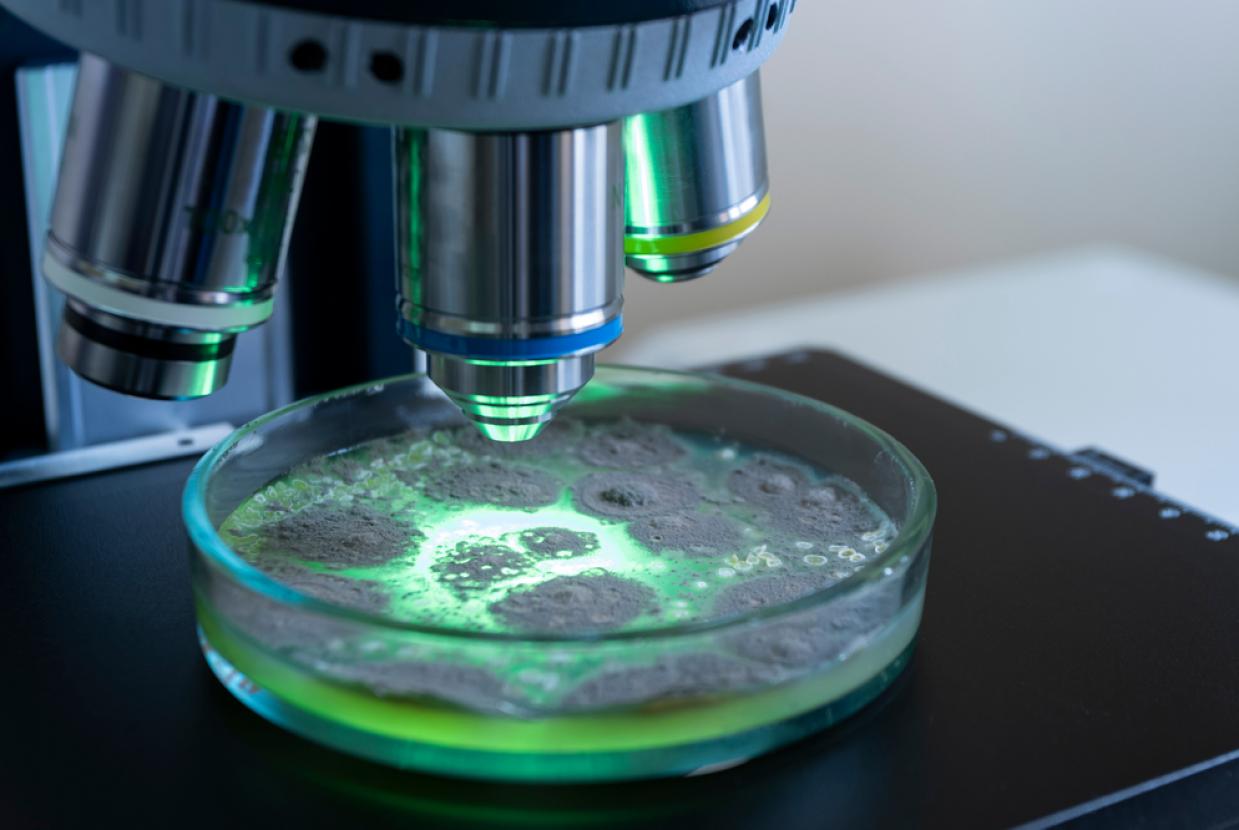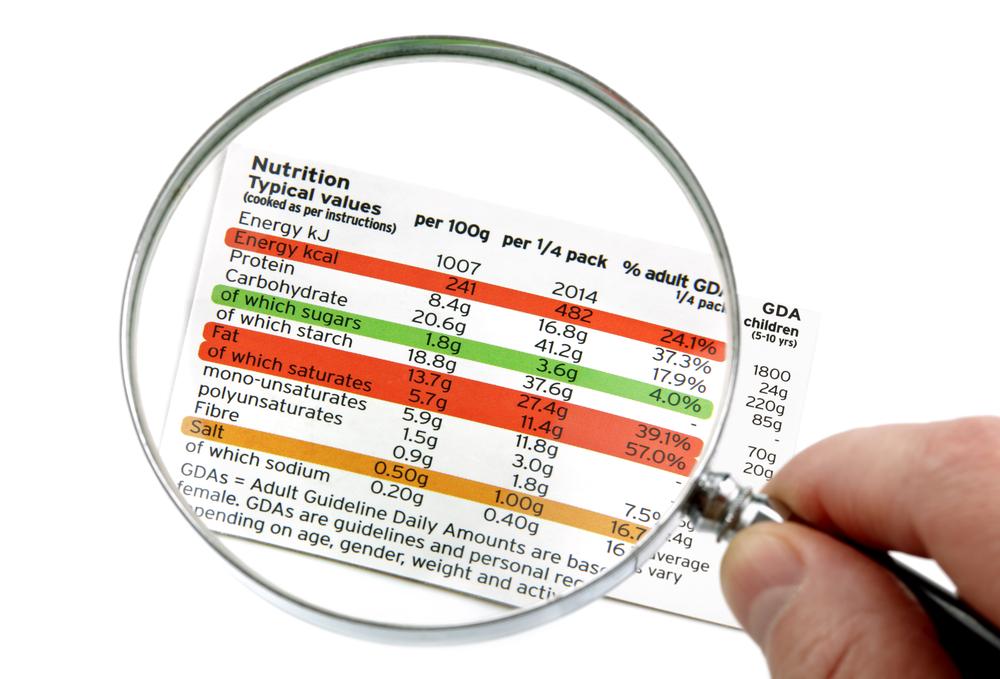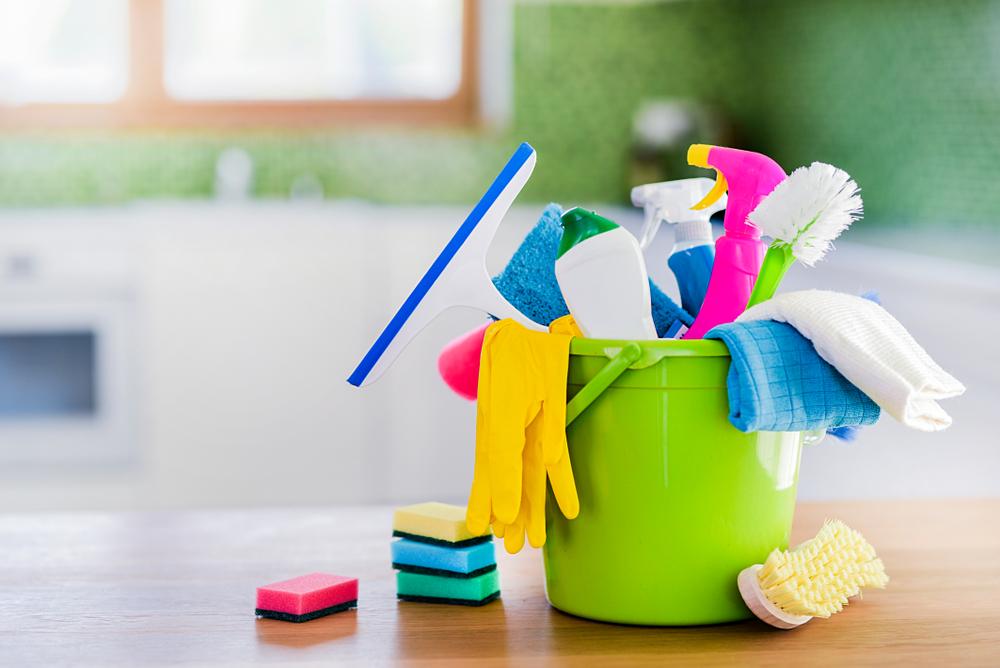The Healthy Way To Eat Eggs
Eggs are a good choice as part of a healthy, balanced diet. As well as being a source of protein, they also contain vitamins and minerals.
Eggs and your diet
Eggs are nutritious – they're a source of:
- protein
- vitamin D
- vitamin A
- vitamin B2
- vitamin B12
- folate
- iodine
How many eggs is it safe to eat?
There is no recommended limit on how many eggs people should eat. Eggs can be enjoyed as part of a healthy, balanced diet, but it's best to cook them without adding salt or fat. For example:
- boiled or poached, without added salt
- scrambled without butter and using low-fat milk instead of cream
Frying eggs can increase their fat content by around 50%.
Eggs and cholesterol
Having high cholesterol levels in our blood increases our risk of heart disease. Although eggs contain some cholesterol, the amount of saturated fat we eat has more of an effect on the amount of cholesterol in our blood than the cholesterol we get from eating eggs.
If your GP or health professional has told you to watch your cholesterol levels, your priority should be to cut down on saturated fat across your diet. If you are eating a balanced diet, you only need to cut down on eggs if you have been told to do so by your GP or dietitian.
Raw eggs and food poisoning
Because of improved food safety controls in recent years, infants, children, pregnant women and elderly people can now safely eat raw or lightly cooked hen eggs, or foods containing them, that are produced under the British Lion Code of Practice. But these groups of people should still avoid raw or lightly cooked eggs that are:
- not British Lion stamped
- not hen eggs (e.g. duck or quail eggs)
- from outside the UK
They should have these eggs cooked through until the white and yolk are solid, because they are more vulnerable to infection and likely to have more serious symptoms of food poisoning.
People who have a severely weakened immune system and who are on a medically supervised diet prescribed by health professionals should cook all eggs thoroughly, even eggs that have the Red Lion stamp. When eating raw or lightly cooked eggs, remember to:
- store eggs safely in a cool, dry place, such as the refrigerator
- clean all work surfaces, dishes and utensils, and wash your hands thoroughly before and after handling eggs
- avoid using eggs that are past their best-before dates
Cooking eggs thoroughly is the safest option if you are still concerned about food poisoning.
Foods containing raw eggs
Any of the following foods can contain raw or lightly cooked eggs:
- mousses
- soufflés
- homemade mayonnaise
- hollandaise and béarnaise sauces
- salad dressings
- ice cream
- icing
- tiramisu
- baked alaska
- Italian meringue
If you're concerned about raw egg when eating out or buying food, ask the person serving you if it contains raw egg and if so, if the eggs have the Red Lion stamp.
Avoiding the spread of bacteria
There can be bacteria on the shell as well as inside the egg, which can spread very easily to other foods, as well as to hands, utensils and worktops. These tips can help avoid the spread of bacteria:
- keep eggs away from other foods – both when they are in the shell and after you have cracked them
- be careful not to splash egg onto other foods, worktops or dishes
- always wash your hands thoroughly with warm water and soap, and then dry them after touching or working with eggs
- clean surfaces, dishes and utensils thoroughly using warm soapy water after handling eggs
- don't use eggs with damaged shells, because dirt or bacteria might have got inside them
'Best before' dates of eggs
Eggs have a shelf life of 28 days (from the date they were laid to their "best before" date).








